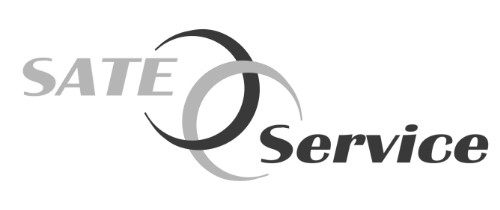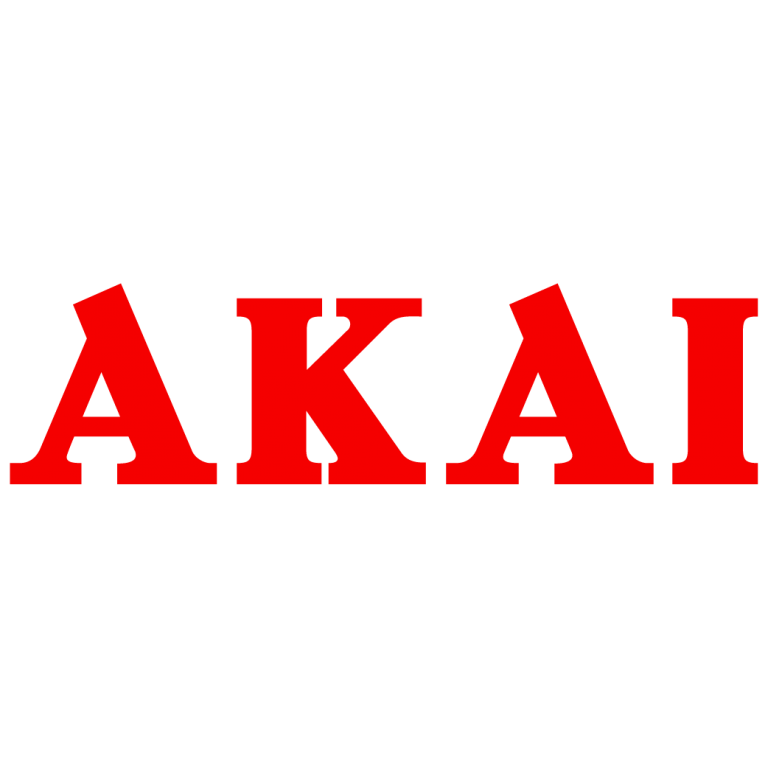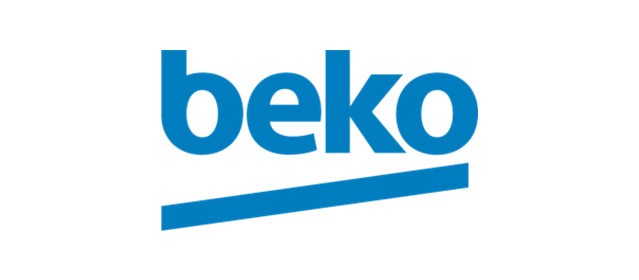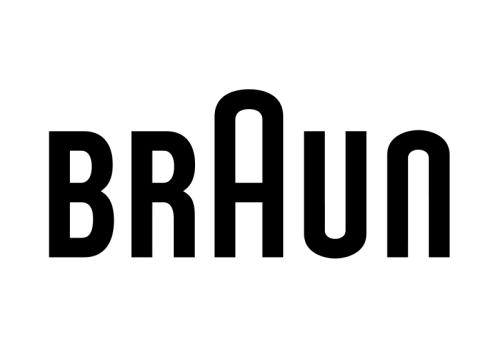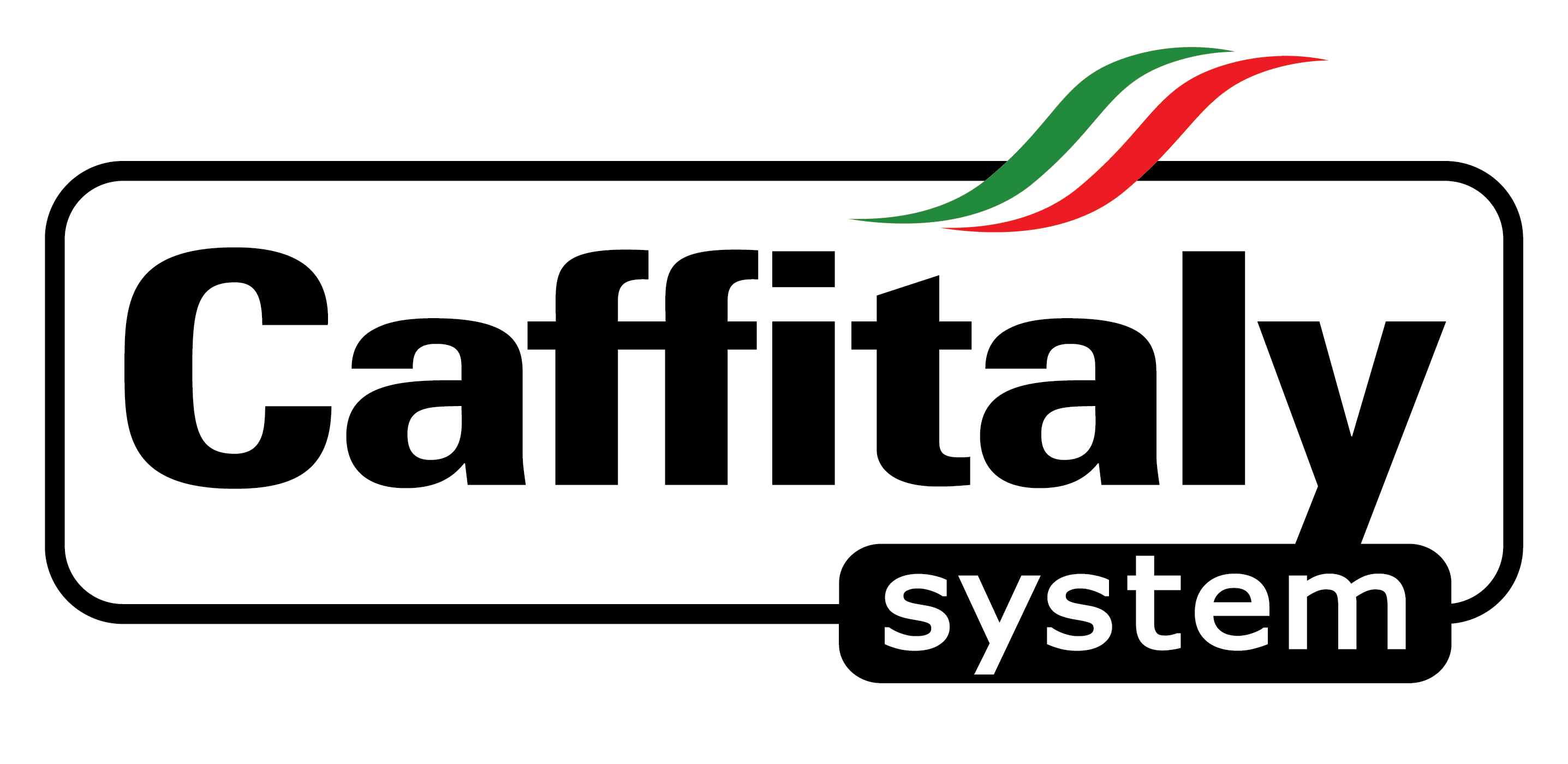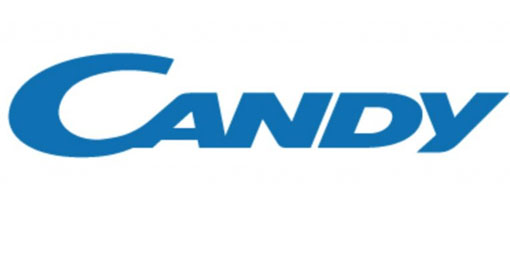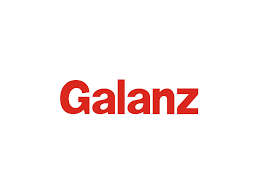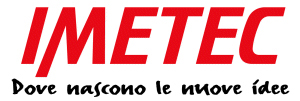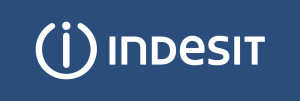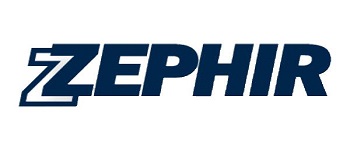What Is Enhanced Due Diligence?
When a customer or business has a higher risk of money laundering, terrorism financing and other financial crimes, they should be given an extra level of due diligence. Also known as enhanced due diligence (EDD) which goes beyond the normal KYC and AML checks by gathering data outside of the normal scope.
This includes identifying individuals and entities behind clients, such as the ultimate beneficial ownership (UBO) in revealing the source of wealth as well as funds and business activity. It also probes underlying relationships and examines unresolved transactions and activities that could be a sign of hidden dangers.
It's a crucial tool to fight criminal and terrorist financing. It's important to keep in mind that EDD is a security measure which should be applied on a case-by-case basis. For example the case of a UK bank account opening with a clear passport, a good address history and no CCJs may not require CDD, while another customer might require EDD due to the large volume of cash deposits, or complex transactions.
The best method to determine the need for EDD is to establish an exhaustive risk assessment and screening framework. This should include internal controls as well as external factors like negative media, political instability, sanctions, financing of terrorism and organized crime as well as fraud.
Effective due diligence isn't about just ensuring compliance with regulatory requirements or safeguarding brand reputation. It's about having a real impact in the fight against criminality in the world. You need an identity verification and EDD system that is fast precise, reliable, and cost-effective to achieve this.
